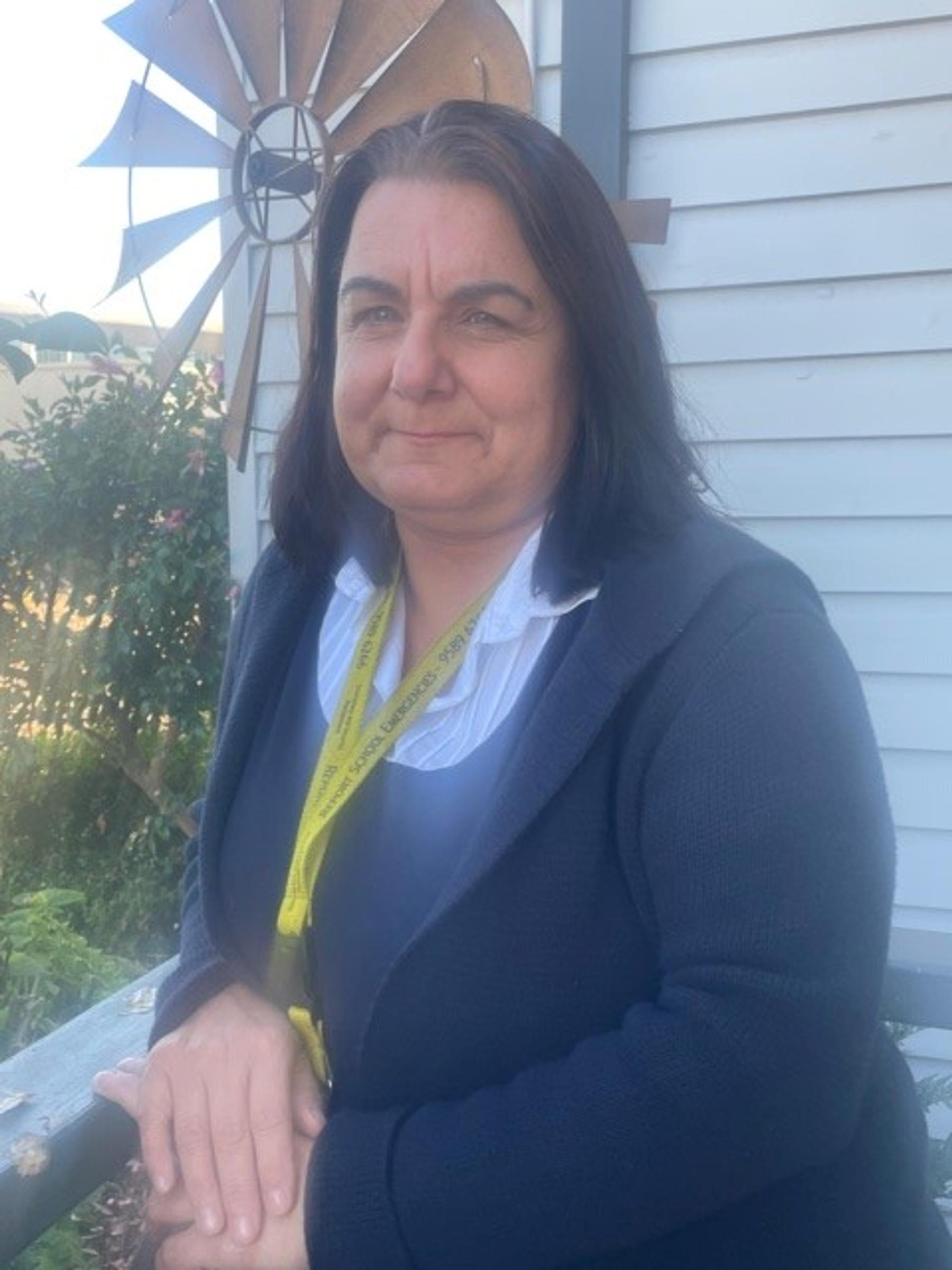Chaplain's Corner

An article from the Child Mind Institute
Kids Who Need a Little Help to Make Friends
What parents can do when kids struggle with social skills
Every parent knows schoolyard friendships are important. Friends enrich our lives, boost our self-esteem, and provide the moral support we need when we’re memorizing multiplication tables. Developmentally speaking, making a friend in school is every bit as important as getting an A. Learning how to form successful peer relationships is a critical skill for kids, and one that they will be using—and refining—all their lives.
But some kids have a harder time fitting in. Cornerstones of childhood interaction, like sharing a toy or engaging in make-believe, might elude them. While parents can’t make friends for their children, they can help them develop and practice key social skills. If you see your child struggling to make friends or getting rejected by other kids, here are some steps you can take to help.
Building social skills
Social skills don’t come naturally to all kids. Impulsive and hyperactive children often act in ways that stymie their strong desire for friendship, notes Mary Rooney, PhD, a psychologist who specializes in ADHD and disruptive behavior disorders. They often have trouble taking turns and controlling their anger when they don’t get their way. More inattentive kids may act flighty or hover at the margins of playgroups, unsure of how to assert themselves.
If you notice that your child is struggling to interact with his peers, try some coaching at home. Emphasize taking turns and sharing during family playtime and explain that friends expect the same good behavior. Impulsive children will also benefit from practicing different strategies for settling peer conflict. Role-playing can be very helpful here. Of course, as a parent you should also be careful to demonstrate good social behavior yourself when talking to family members and your own friends.
For kids who need more intensive guidance, experts suggest using “social scripts,” or simple everyday conversations that kids can practice with their parents. You can work with your child’s doctor or behavioural therapist to select appropriate scripts and develop a strategy for rehearsing and implementing them. Social scripts are especially helpful for children on the autism spectrum who need to deliberately learn key social skills, such as establishing eye contact and responding to the moods of others.
Finally, if your child has been having a hard time making friends, Dr. Rooney suggests setting up a meeting with his teacher. “Often kids will say ‘everyone hates me,’ but they may not be able to describe what’s going on.” Teachers can give a better sense of your child’s peer interactions and suggest more positive classmates for after-school playdates.
Practice during playdates
Supervised playdates are a great way for children to build their social muscles. Dr. Rooney suggests that parents spend some time before playdates reviewing social cues with their children. Some activities for playdate-prep include:
- Talk with your child about what it means to be a good host. What will your child do to make her guests feel comfortable?
- Have your child pick out a few games in advance. How will your child know when it’s time to move on to the next game?
- Ask your child how she will know if her guests are having a good time. Are they smiling? Laughing?
As long as the children don’t veer into play that’s outright dangerous, let the playdate unfold as it may, recommends Jamie Howard, PhD, a clinical psychologist at the Child Mind Institute. Children learn from the natural consequences of their actions, which is why it’s so important to let them practice socializing in a warm, supportive setting.
And when you review how it went, focus on the good behaviours you want to reinforce. “Kids are more motivated by praise than by avoiding criticism,” says Dr. Howard. “Specific, labelled praise is most helpful. Instead of ‘good job,’ say, ‘you shared very well with your friend.'”
For more information or you would like to read the full article, please click the link: https://childmind.org/article/kids-who-need-a-little-help-to-make-friends/
